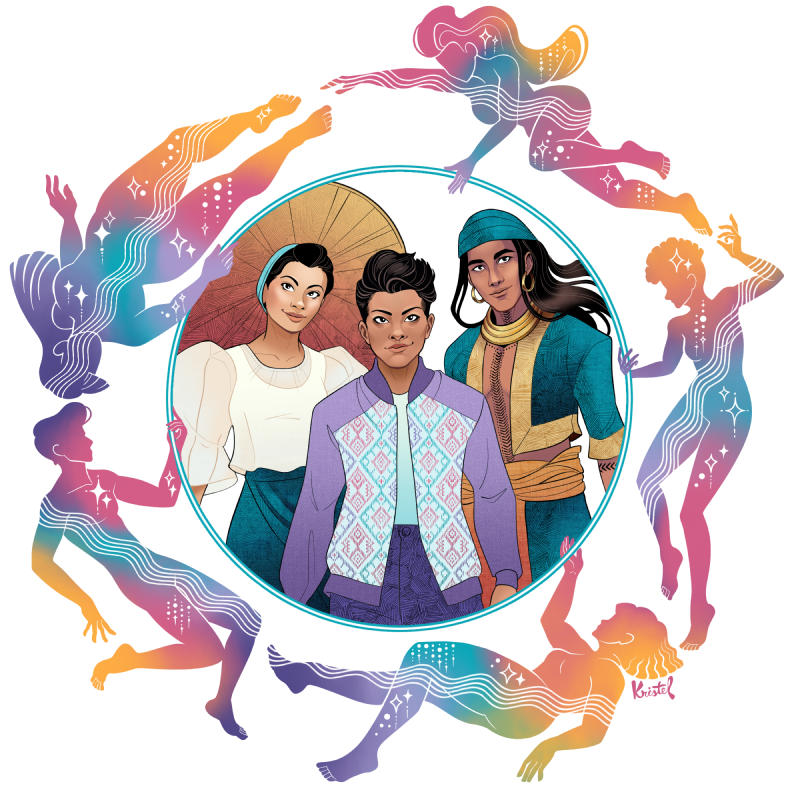About the Project:
The current encampments share striking parallels with the student protests of the Vietnam War era, underscoring the timeless relevance and importance of grassroots activism in addressing global injustices. Both movements are fueled by a collective desire to oppose oppressive systems and demand fundamental human rights.
During the Vietnam War, students across the United States mobilized en masse, challenging the government’s military interventions and advocating for peace. Their protests were not merely about ending a war but were deeply entwined with broader social justice issues, including civil rights and opposition to systemic racism.
Similarly, the “Free Palestine” encampments today echo this spirit of resistance, as activists come together to highlight and challenge the ongoing oppression of Palestinians. These encampments, like the Vietnam War protests, seek to draw international attention to human rights violations and to mobilize public opinion and action against these injustices.
Both movements demonstrate the power of solidarity across different communities and causes. They show that sustained activism and public pressure can foster awareness, provoke critical discussions, and potentially lead to significant political and social changes. Producing a project about such historical and contemporary struggles is crucial, as it can inspire new generations to engage in activism and continue the fight for justice and equality.
This is why it feels especially timely to produce this project about my uncle, Patrick Salaver.
Pat Salaver exemplified how solidarity among races is vital in combating hate and the oppressive forces of white supremacy. He taught me that we all have the power to stand up to oppression and become catalysts for change. His life showed that sharing our stories as Asian Americans is not only possible but necessary to inspire transformation within our communities.
As an Asian American leader of the student strikes at San Francisco State College in 1968, Pat demonstrated that even one person could spark a movement and create change. He imparted to me the belief that we all can stand against racism and act as channels for CHANGE. He showed that telling our stories as Asian Americans is crucial to inspire change within our communities. He once said, “If each of us tries to make the world around us a better place…if each person did that, then it is true that one person can CHANGE the world!” These lessons are incredibly relevant today as we confront anti-AAPI violence and white supremacy.
My project has been 16 years in the making. What began as a collection of personal interviews (starting in 2003 until his passing in 2019) of Pat Salaver’s journey organizing the 1968 San Francisco Student Strikes has evolved over the past three years into a public sharing of his Civil Rights legacy with other Asian Americans. My family has conducted interviews and discovered documentation of his work as an activist and leader. In 2020, during Filipino History Month, we held a panel discussion of his contributions to the nation’s first College of Ethnic Studies. In 2024, NPR produced a podcast episode about his work as a Civil Rights Student Activist on their AAPI podcast called “Inheriting”.
As I write the third draft of my uncle’s incredible life story, my intention has grown from merely honoring him to sharing his truths on cultural identity, institutionalized racism, the decolonization of immigrated people, and the power of solidarity. My hope is that this project will help share his story with not just the Asian American community but all communities. Asian American history IS American history.
